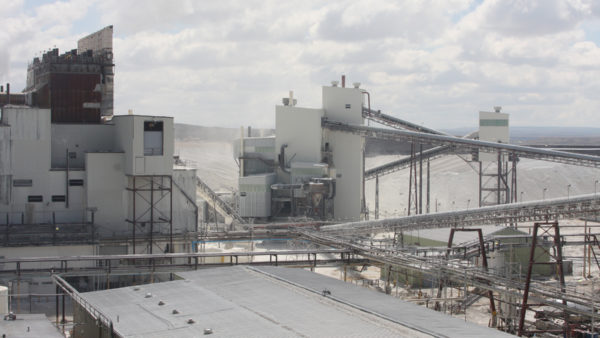Defence and aerospace giant BAE Systems has partnered with the University of Glasgow to develop the “Chemputer”, a device that may be able to “grow” machines such as drones.
Components of vehicles would still be 3D printed, but chemical reactions from the molecular level would be speeded up.
The process could advance the evolutionary processes, creating bespoke aircraft in “weeks, rather than years”.
Nick Colosimo, a BAE Systems global engineering fellow, said: “The world of military and civil aircraft is constantly evolving and it’s been exciting to work with scientists and engineers outside BAE Systems and to consider how some unique British technologies could tackle the military threats of the future.”
Lee Cronin at the University of Glasgow, who is developing the Chemputer, said: “This is a very exciting time in the development of chemistry.
“We have been developing routes to digitise synthetic and materials chemistry and at some point in the future hope to assemble complex objects in a machine from the bottom up, or with minimal human assistance.
“Creating small aircraft would be very challenging but I’m confident that creative thinking and convergent digital technologies will eventually lead to the digital programming of complex chemical and material systems.”
BAE Systems has already invested $26m in the project.
Image via BAE Systems










